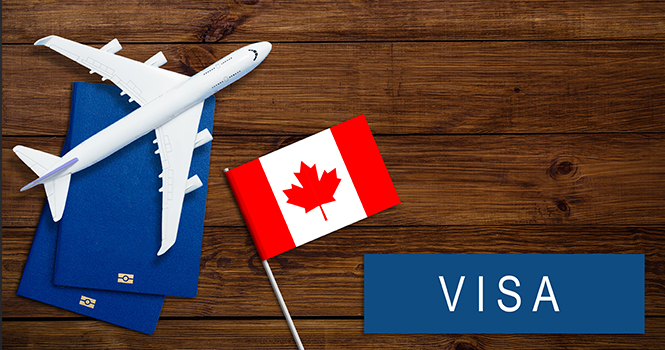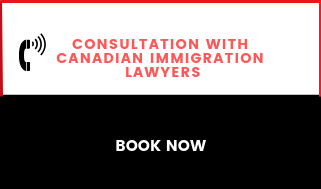When applying for a visitor visa, knowing the potential grounds for refusal is essential. Among these reasons, one common cause for rejection is the inability to assure immigration authorities of your intention to depart from Canada after your authorized stay. Having solid proof, such as documents, is crucial to demonstrate your intent to comply with the visa regulations.
The decision of whether to accept or refuse a visa depends on how the immigration officer views your application. If officers suspect you won’t depart Canada after your authorized stay, they might reject your visa. It’s the applicant’s responsibility to prove they meet all visitor visa requirements.
Hence, applicants must show their commitment to returning after their authorized stay by:
- Establishing ties to their residence (like family, social ties, and community involvement).
- Providing evidence of personal assets, employment, and financial status in their home country.
- Clearly stating the purpose of their visit to Canada.
An immigration officer may refuse a visitor’s visa application if they have doubts about the applicant’s intention to depart at the end of the authorized stay.
Free Online Canadian Immigration Assessment
Factors Leading to Visitor Visa Refusals
1. Applicant’s Lack of Ties to Home Country
Insufficient evidence of ties like employment, dependent family, or property at home might lead to concerns about not returning after visiting Canada. Providing employment confirmation, residence proof, and dependent details is crucial.
2. Purpose of Visit Not Clearly Stated
Lack of detailed information about the purpose of the visit might result in visa refusal. Submitting documentation such as invitation letters or event specifics can support the application, especially if the stay is for a specific event.
3. Inadequate Financial Resources
Visa refusals might occur if there’s doubt about the applicant’s ability to finance their return trip or if the sponsor lacks adequate finance to support the visit to Canada.
4. Limited travel history
Previous visa refusals or overstay incidents elsewhere could lead to a rejection. Limited travel history also raises concerns about the likelihood of returning home after the authorized stay in Canada.
5. Misleading Information
Any false or misleading information, whether intentional or not, can lead to visa refusal. It’s essential to fill out forms accurately and provide the necessary documents to avoid misrepresentation issues.
ImmiLaw Immigration is a Canadian licensed immigration law firm with a dedicated team of Immigration lawyers. If you plan to visit your close family and friends in Cannada, we’re here to assist you throughout the process.
Please contact us for any questions or assistance regarding your Canadian r Visa application.


